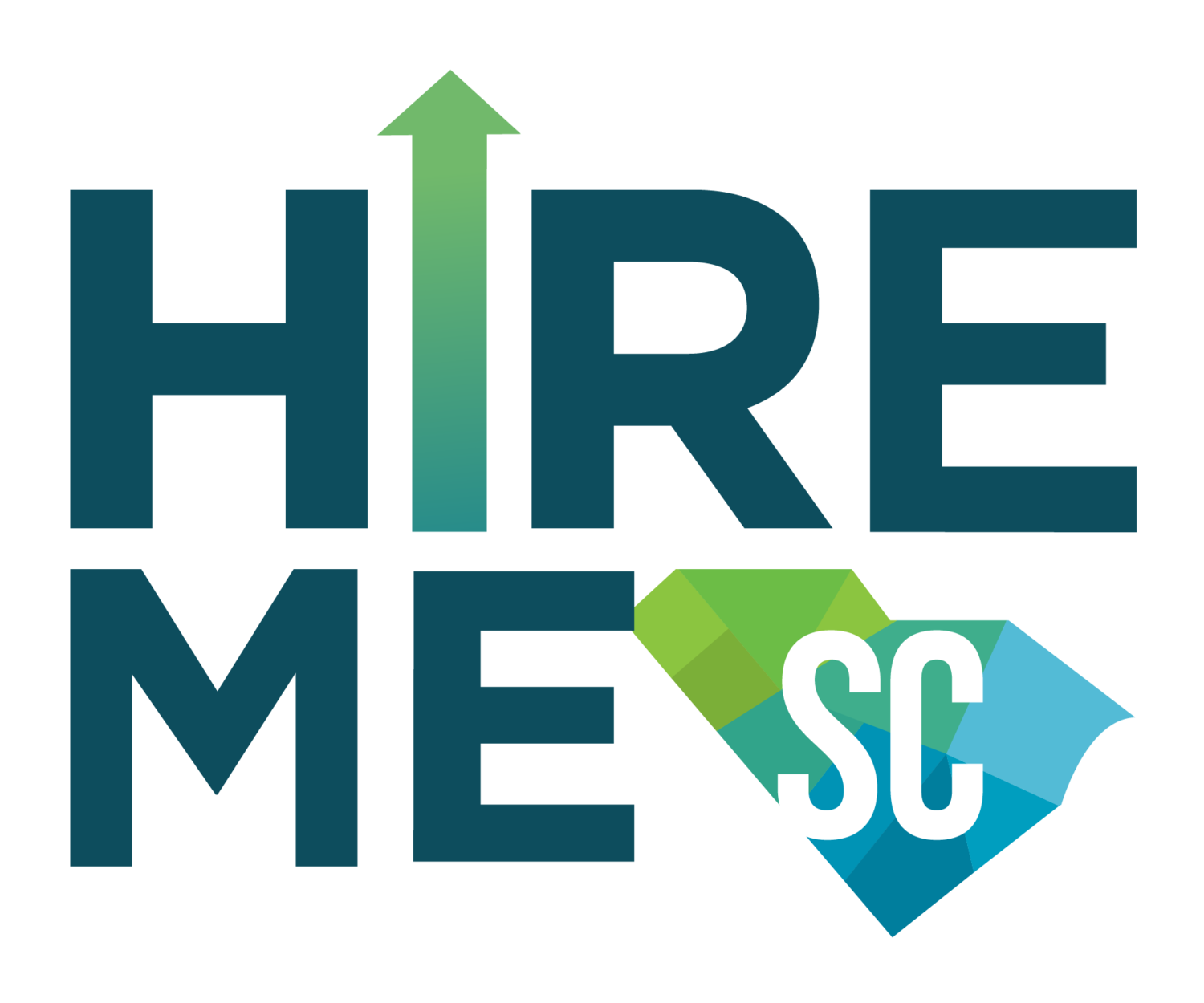From $3 an Hour to Living His Dreams: Austin’s Journey to Real Work and Real Pay
From $3 an Hour to Living His Dreams: Austin’s Journey to Real Work and Real Pay
On August 1, 2024, a monumental shift in South Carolina’s employment landscape took effect: the elimination of subminimum wage for people with disabilities. While this long-overdue policy change was met with uncertainty and fear in some circles, Able South Carolina and its partner agencies leaned in with education, advocacy, and an unwavering belief in the potential of disabled individuals to thrive in employment.
But don’t just take our word for it. Let us introduce you to Austin.
Austin is a 25-year-old with autism who, up until recently, was earning just $3 an hour at a sheltered workshop. He began working there in 2018. “The hours weren’t consistent,” he recalls, “and I was bringing home barely $300 a month.” His story is not unique, but what makes Austin stand out is what happened next.
Following the policy change, Austin became one of the last individuals in South Carolina to be transitioned out of subminimum wage. Today, he works at the Clemson University Dining Hall, earning $12.75 an hour and clocking in at least 25 hours each week. He now receives sick leave and paid time off—benefits he never imagined possible just a year ago. With his new income, Austin was able to buy Christmas gifts for his family for the first time and is saving for a dream trip to Disney World.
But this transformation wasn’t just about a paycheck—it was about opportunity, independence, and self-worth.
“Anything offered workwise, Austin was open to learning and gaining more experience,” says his job coach at the Tribble Center. He didn’t get this job through luck or special treatment. He applied, interviewed, and trained—just like anyone else. He overcame nerves, developed new routines, and rose to the expectations of a real workplace. He learned to run the salad bar, check food temperatures, clean stations, and communicate with managers and co-workers.
His mother, Cheryl Dodgins, reflects, “The best part about working at Clemson is that Austin gets to interact with different managers and help others solve problems.” With each passing day, he’s not just meeting expectations—he’s exceeding them.
Now, Austin has a new goal: working independently, without a job coach. And according to his support team, that goal is well within reach. “Given his drive to learn and succeed,” his coach says, “he’s more than capable.”
Austin says, “It makes me feel special working there.” But make no mistake—this isn’t about feeling special. It’s about being valued.
At Able South Carolina, we believe that real work for real pay should be the standard, not the exception, for people with disabilities. This success story is not just about one individual—it’s a vision of what’s possible when we dismantle barriers and invest in people’s potential.
As Austin’s provider says, “We don’t want to look any other way now that we are here.” And we agree.
Let’s keep moving forward—together—toward a future where everyone, regardless of disability, has the right to meaningful work, fair wages, and the dignity that comes with both. Thank you to Austin for allowing us to share his successes, and thank you to the Developmental Disabilities Council, our funders, who supported the development of this story through the PACE initiative.

